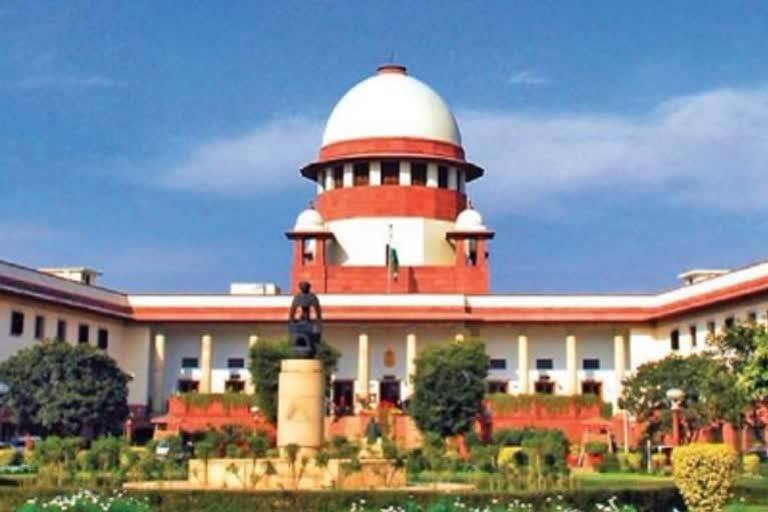New Delhi: The process of appointment of judges to High Courts is through a well-established process where the HC collegium considers seniority, merit and all inputs received by the government, the Supreme Court has said while imposing a cost of Rs 5 lakh on an advocate for abusing the court proceedings by trying to stop the elevation of a judge.
A bench of Justices S K Kaul and M M Sundresh made the observation while dismissing a plea filed by an advocate seeking directions to consider the representation submitted by him and take necessary action with the proposal of appointment of high court Registrar General A Venkateswar Reddy as a judge of the Telangana High Court.
The three-member Supreme Court Collegium in a meeting held on August 17 had approved the proposal for the elevation of six judicial officers as judges of the Telangana High Court including Reddy.
The apex court was hearing a plea filed by advocate B. Sailesh Saxena seeking directions to the Centre, Telangana and Registrar (Vigilance & Administration) of the High Court of Telangana to consider the representation submitted by him and take the necessary action as per law for proceeding further with the proposal of appointment of Reddy as a judge of the Telangana High Court.
The petitioner made several allegations against the high court registrar general and stated that his recommendation should not be processed for his elevation as a judge.
The petitioner advocate in his plea claimed that he was a legal advisor for the family of an MP belonging to the Telugu Desam Party and legal counsel for other politically connected persons and alleged that an FIR at the instance of the Registrar was filed on July 31, 2017, in pursuance to a direction issued by the high court with a view to harass him.
The bench said the high court registrar general, as a responsible officer, only followed the direction passed by the high court judge.
The apex court said the high court opined that what the petitioner was attempting to do was to seek an investigation into the allegation that the evidence collected by the investigating officer in criminal complaints filed against him was fabricated and that was found to be nothing but a deflection towards derailing the course of investigation in the complaints lodged against the petitioner.
